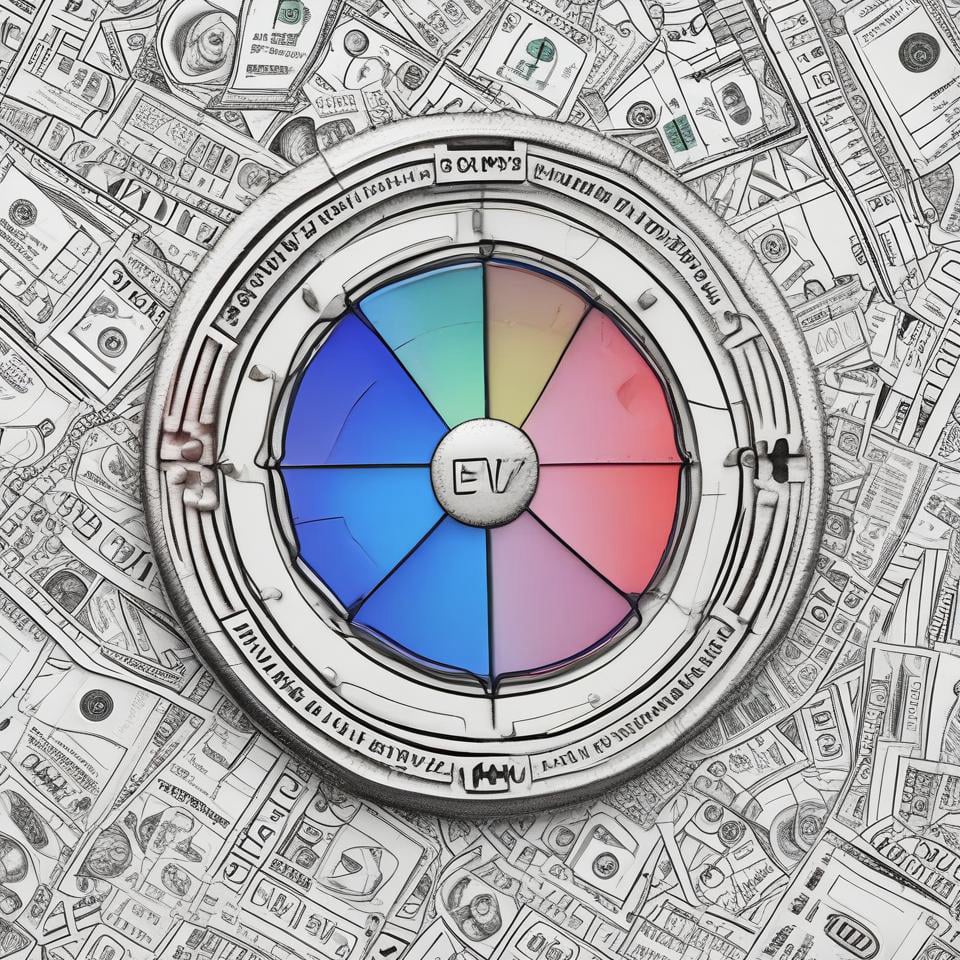
Positive and Negative Expected Value
In the realm of decision-making, particularly in fields like finance, gambling, and everyday life, the concept of Expected Value (EV) plays a crucial role. Understanding the difference between positive and negative EV is essential for making informed choices. In this article, we will delve into what EV represents, how it is calculated, and its implications in various contexts.
Defining EV
What is Expected Value (EV)? Expected Value (EV) is a concept used to quantify the potential outcome of an uncertain event, taking into account both the probability of occurrence and the value associated with each outcome. Mathematically, it is calculated by multiplying each possible outcome by its respective probability of occurring and summing up these values.
Positive Expected Value
A positive EV occurs when the expected payoff of an action or decision is favorable over the long run. In other words, it indicates that, on average, the outcome of an action will result in a net gain. Positive EV opportunities are sought after in fields like investing, where investors aim to identify undervalued assets with the potential for long-term growth.
For example, consider a scenario where a company offers a product with a 70% chance of generating a $100 profit and a 30% chance of resulting in a $50 loss. The expected value of this opportunity can be calculated as follows:
EV = (0.70 * $100) + (0.30 * -$50) = $70 — $15 = $55
Since the expected value ($55) is positive, this opportunity represents a positive EV.
Negative Expected Value
Conversely, a negative EV occurs when the expected payoff of an action or decision is unfavorable over the long run. It indicates that, on average, the outcome will result in a net loss. Negative EV situations are generally avoided or minimized to prevent financial loss or unfavorable outcomes.
For instance, in casino games like roulette or blackjack, the house typically has an edge, resulting in a negative EV for players. This means that, over time, players are expected to lose money due to the probabilistic nature of the games favoring the house.
Implications in Decision Making: Understanding EV allows individuals to make more rational decisions by weighing the potential risks and rewards associated with different choices. In investing, positive EV opportunities can lead to profitable outcomes over the long term if consistently identified and capitalized upon. Conversely, avoiding or mitigating negative EV situations can help minimize losses and preserve capital.
Conclusion
Expected Value (EV) is a fundamental concept in decision-making that quantifies the potential outcome of uncertain events. Positive EV represents favorable opportunities with the potential for net gains, while negative EV indicates unfavorable outcomes with the potential for net losses. By understanding and applying the principles of EV, individuals can make more informed decisions in various aspects of life, from investing to everyday choices.
Whether evaluating investment opportunities or assessing risks in gambling, recognizing the difference between positive and negative EV is essential for making sound decisions and achieving desired outcomes.
Join Panamba Today!
Join Panamba today and embark on a journey where the odds are in your favor - a journey towards betting success grounded in strategy and expertise.